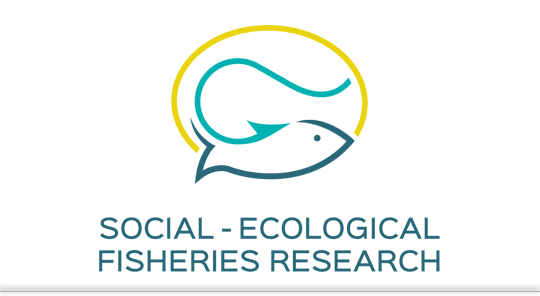Recreational anglers’ decisions to harvest or release fish have significant implications for fisheries mortality and therefore fisheries management. In this study, we explore the psychological and contextual factors influencing voluntary catch-and-release (vCandR) of harvestable fish in northern Germany – a culture with a strong tradition in keeping fish for personal consumption. We compiled and analyzed 19,558 trip-level catch and harvest records from two contrasting fisheries: a small club-based fishery in Lower Saxony (LS) in West Germany and a largely open-access fishery in Mecklenburg-Western Pomerania (MWP) in East Germany. Due to differing cultural and socio-economic histories before and after German reunification, we hypothesized lower voluntary release rates in MWP, driven by stronger utilitarian values common to Eastern Germany. In support, MWP anglers harvested a greater proportion of their catch. Saltwater species, migratory species and salmonids were retained to a greater degree than freshwater species. Voluntary CandR behaviour varied by target species, other trip context, angler specialization as represented by the subdimensions psychological commitment, behavioural commitment and skill, catch and consumptive orientation and fish length. The influence of angler characteristics on retention probability of fish often varied by target species, and retention probability was found to be largest in intermediately sized fish in most species. Satisfaction with previous trips increased the likelihood of releasing fish, suggesting a feedback process where past psychological outcomes affected future harvest decisions independent of angler personality. Our findings underscore the importance of culture, individual angler characteristics, and situational factors, highlighting the crucial interaction of target species, fish length, angler psychological predisposition and past fishing success in determining whether an angler keeps or voluntary releases its catch. That said, our work in German angling culture does not support the proposition that more specialized anglers generally release more fish.
Culture, context, and fish length drives voluntary catch‑and‑release behaviour of recreational anglers
Peer-reviewed

Birdsong, M., Beardmore, B., Dorow, M., Pagel, T., & Arlinghaus, R. (2025). Culture, context, and fish length drives voluntary catch-and-release behaviour of recreational anglers. Reviews in Fish Biology and Fisheries, 35, 1829-1856. https://doi.org/10.1007/s11160-025-09971-6
Published
: 2025
Appeared in
: Reviews in Fish Biology and Fisheries
